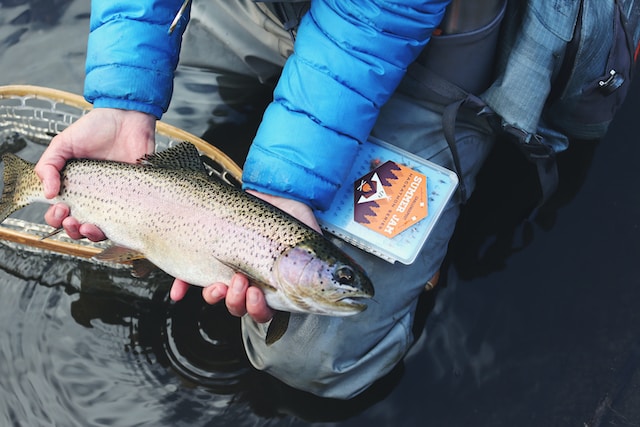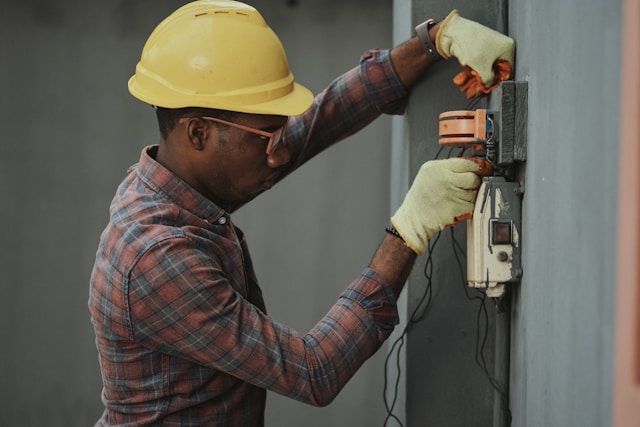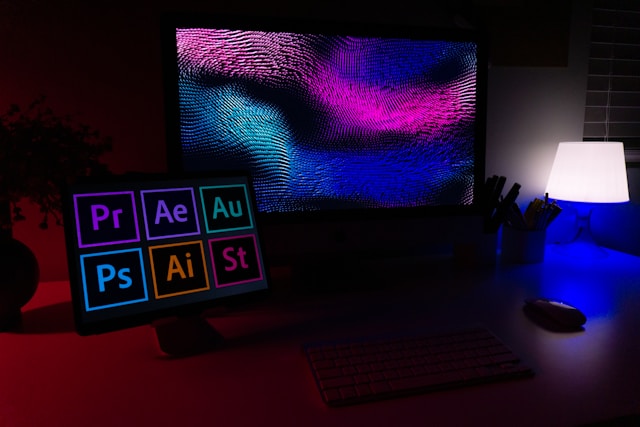
Understanding your goals and expectations is essential before you book your trip. This is especially true for first-time anglers.
It’s good to communicate these to your captain, whether it’s a particular species you want to catch or a technique you want to learn. Your guide is not a mind reader.
Preparation
During the preparation phase, you will work with your guide to ensure they understand what kind of experience you seek. This includes how hands-on you want to be, whether you want to catch bait and set the hook yourself or sit back and relax.
You will also want to communicate if there are any specific fish species you hope to catch. This way, your guide can be prepared accordingly and prevent disappointment if that species is out of season.
Also, ask your guide about any onboard policies you should know. For example, some guides don’t allow people to smoke on board, while others do. Also, some guided fishing trips Fairbanks AK include ice and cleaning/filleting your catch, while others do not, so you must ask if you need to bring any additional supplies.
Meeting Your Guide
If you have any goals you want to accomplish during your trip, communicate them with your guide. This will allow them to tailor a day to your interests without overly taxing their resources. For instance, if you want to catch pelagic trophies, your trip will likely need longer than inshore trips.
Your guide will likely also want to know what fishing you hope for. This will help them ensure they are a good fit for you. Some guides are excellent teachers, while others tend to be hammers that want to put you on fish and not say much of anything.
It is also a great time to ask about the weather conditions and the cancellation policy. It’s always better to be clear about expectations than deal with misunderstandings later on. Your journey will run as smoothly as possible if you do this.
Fishing
Once you are aboard, it is essential to communicate with your guide. Whether it’s an idea of what you hope to catch, the technique you want to learn, or even the type of fishing spot you are interested in. By doing this, you can help your guide prepare for the experience. For example, if you are hoping to target a specific species and it turns out that the particular fish is not in season, your guide can reschedule your trip for another date or offer to teach you a new technique instead.
In addition, you should ask the captain if they need you to bring any equipment or bait. Some trips, especially deep sea charters, can last from a full day to an overnight, so it is worth bringing any additional gear you may need.
Arriving at the Destination
Once you arrive at the destination for your charter, your captain will usually give a rundown of what gear you will need and any other information that may be necessary. Make sure you ask all your questions at this time as well.
Many fish species require specific times of day for the best chance of catching them. Your guide will tell you if there are any times of the day when the fishing is better than others, and they will help you to determine the best trip timing for your needs.
You will also need to bring plenty of water for your trip. Dehydration can cause headaches and other unpleasant side effects when it is hot on a boat. Your guide usually provides bottled water, but you should still bring some of your own, just in case. A good night’s sleep also helps reduce your chances of feeling seasick. This is especially important if you are taking kids on your trip.





More Stories
Understanding the Importance of Regular Electrical Maintenance in Homes
The Evolution and Impact of Graphic Design in Business Communications
Ways Machine Vision Integration Can Revolutionize Manufacturing